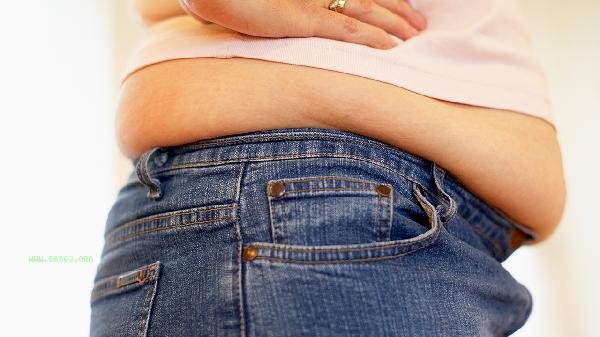Dieting to lose weight for several days without losing weight is usually related to water retention, changes in muscle mass, metabolic adaptation, unreasonable dietary structure, and the body's self-protection mechanism.
1. Water retention:

Failure to lose weight in the short term may be due to changes in water balance. A high salt diet or hormonal fluctuations can increase the body's water content, offsetting the weight loss caused by fat loss. Elevated estrogen levels before menstruation in women can also cause temporary edema, and it is necessary to reduce sodium intake and maintain adequate water intake.
2. Changes in muscle mass:
Extreme dieting may cause muscle breakdown for energy supply, with muscle density greater than fat. Although there is a decrease in fat, muscle loss can lead to less noticeable weight changes. It is recommended to combine protein intake and resistance training, with a minimum protein intake of 1.2 grams per kilogram of body weight.
3. Metabolic adaptation:

Continuous calorie deficit can trigger a 10% -15% decrease in basal metabolic rate. The body saves energy by reducing non exercise calorie expenditure, such as reducing daily activities. At this time, it is necessary to adjust the diet pattern, adopt intermittent calorie cycling, or increase NEAT activity.
4. Dietary structure issues:
Simply reducing food intake but imbalanced nutrition can affect fat loss efficiency. Lack of dietary fiber can delay intestinal emptying, while a low-carbon water diet may lead to measurement errors in the early stages due to glycogen depletion. It is recommended to ensure a daily intake of 25 grams of dietary fiber and control the carbohydrates to 100-150 grams.
3. Body protection mechanism:
Long term hunger can increase cortisol and promote fat accumulation. The body will automatically lower thyroid hormone levels to reduce energy consumption, and this physiological defense response usually occurs when the daily calorie intake is below 1200 calories, requiring gradual adjustment of intake. Scientific weight loss requires a balance between dietary quality and exercise strategies. It is recommended to adopt a Mediterranean diet pattern, with a daily calorie deficit controlled at 300-500 calories, and engage in 150 minutes of moderate to high-intensity exercise per week. Recording changes in body circumference is more accurate than simply weighing. Lack of sleep can hinder leptin secretion, and ensuring 7 hours of sleep can help break through the plateau period. If weight stagnation persists for more than two weeks, a nutritionist should be consulted to adjust the plan.





Comments (0)
Leave a Comment
No comments yet
Be the first to share your thoughts!